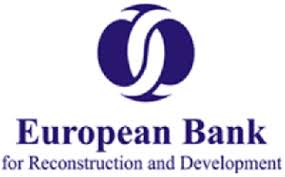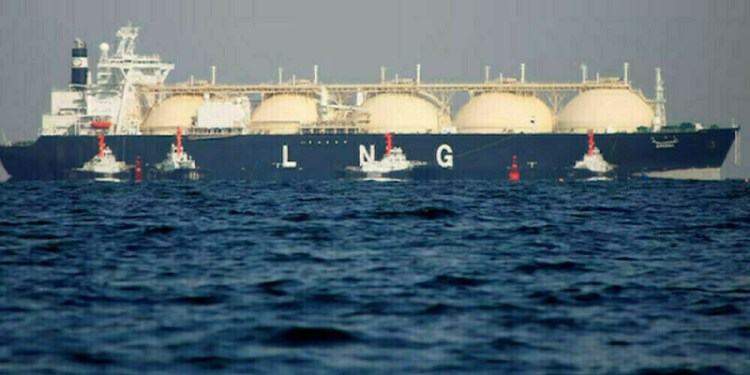Tuesday, 10 November 2015 21:23
 LONDON: The European Bank for Reconstruction and Development called on Tuesday for a radical shake-up in the financing model of its eastern Europe-centred region to plug a $ 75 billion a year funding crunch it said was restricting growth.
LONDON: The European Bank for Reconstruction and Development called on Tuesday for a radical shake-up in the financing model of its eastern Europe-centred region to plug a $ 75 billion a year funding crunch it said was restricting growth.
The development bank’s annual ‘Transition Report’ said private equity should play a bigger role, while there needed to be a shift away from the foreign currency lending that has put strains on much of central and eastern Europe in recent years.
It warned there had been too little investment in large parts of its 36-country region since the financial crisis, a problem exacerbated by international banks scaling back operations or withdrawing completely from parts of the area.
“After years of sparse investment compared with the levels observed in other emerging markets with similar characteristics, the region now has substantial investment financing needs, requiring an extra $ 75 billion per year,” the EBRD said.
The investment shortfall appears to be particularly large in the central Europe and the Baltic states and south-eastern Europe, it added.
In order to meet those needs, local financing systems will need to be “rebalanced”, the amount of bad loans on banks’ balance sheets would have to be reduced and more focus put on share market issuance and cross-border funding.
Underscoring the pressure on funding it also highlighted that the percentage of its bloc’s total assets held by foreign banks had declined to 26 percent, from 36 percent before the financial crisis in 2007.
To help reverse the trend – and coming just as China looks set to become part of the EBRD – the bank said the geographic source of investment in its region needed to be broadened out.
“Improving this funding balance will provide a solid basis for the levels of investment that are needed to restore growth and to return to a path of convergence with more advanced economies,” said Hans Peter Lankes, the EBRD’s acting chief economist.
PRIVATE EQUITY
The EBRD was set up by governments in 1991 to support former communist states in eastern Europe but has expanded its mandate in recent years to parts of North Africa and central Asia, as well as euro zone crisis countries Greece and Cyprus.
It has been long been flagging the post-financial crisis pressures its region faces and last week laid out new economic forecasts that showed growth across the overall bloc set to be close to zero the year.
Tuesday’s report said that surveys of firms showed that many small businesses were facing credit crunches and being discouraged from applying for loans by cumbersome and lengthy application procedures. Armenia, Egypt, Kazakhstan and Tajikistan were particular problem areas.
“Recapitalisations of banks have in some cases also been too limited in scope,” it also added, saying that if practices such as rolling over bad loans continued, lending levels would probably fail to recover. One potential area of benefit, however, could be greater private equity involvement in its region.
Up to 40,000 firms could potentially attract private equity funding, it calculated, more than 50 times the number of companies that have actually received such financing in recent years.
Policymakers can attract private equity firms in the region by “taking steps including support for the protection of minority shareholders and the strengthening of information disclosure rules,” the EBRD said.



























